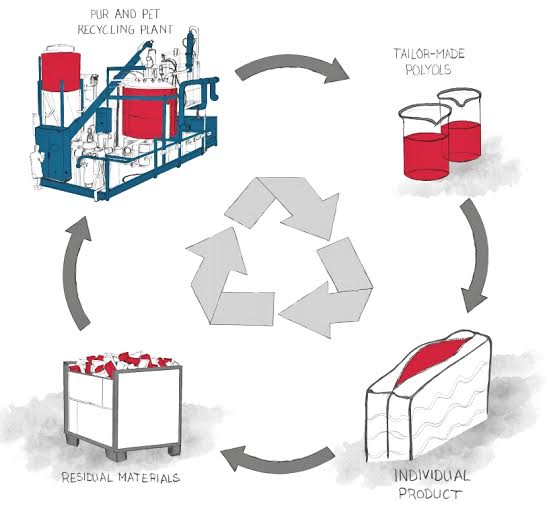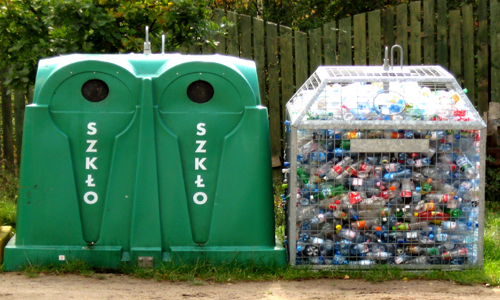Austin may become the second city in Texas to get rid of plastic bags at retail stores altogether
and the first major Texas city to do so.
Mayor Lee Leffingwell and Council members Mike Martinez and Chris Riley are sponsoring an initiative that would phase out single-use, plastic, retail check-out bags in the Texas capital.
The proposal comes after several years of limited success with voluntary efforts and pilot programs to reduce the number of plastic bags entering the waste stream
“Single-use plastic bags are both harmful to the environment and costly to our local economy,” said Leffingwell. “They create litter in our rivers and streams. They’re harmful to wildlife. And because bags are not biodegradable, they are around forever.”
Dennis Tibby the manager of the Fresh Plus in Clarksville says they go through about 4,000 plastic bags per week. He says those bags are much cheaper than paper bags, but he doesn’t have a problem with the city enacting a ban.
“I would hope they give us enough time to go through our inventory, so that we are not left holding the bag,” said Libby
One of his customers, Delma Mays says not using plastic is a good thing, she just wishes people would stop using them on their own.
“Unfortunately it’s just kind of a way forcing people to do what they should be doing in the first place,” Mays said.
Other U.S. cities that have enacted bans/bag taxes
* San Francisco, CA
* Brownsville, TX
* Washington, DC
* Portland, OR (under consideration as of last week)
* Telluride, CO
* Westport, CT
* Santa Monica, CA
* Bellingham, WA
In addition to the bags’ impact on the environment, Leffingwell said these bags place an undue cost on the community when the city spends taxpayer dollars to deal with them.
Austinites use about 263 million plastic bags annually, which cost the city an estimated $850,000 per year to manage — including collection, litter management, landfill costs and recycling contamination. City officials said this figure does not include the immeasurable cost to our environment.
“Ever since we started this effort more than four years ago, we’ve worked together with stakeholders and citizens to try everything we could think of to reduce the number of plastic bags entering our waste stream,” said Martinez. “Voluntary efforts did show a limited amount of success, but frankly it hasn’t made enough of a positive impact.”
The resolution calls on City Manager Marc Ott to conduct a stakeholder process and develop an ordinance to bring back to City Council this November.
Concerned citizens and affected businesses will have a chance to help shape the timeline of a phase-out and determine if any exceptions should be made for certain types of businesses or situations.
“Plastic bags have been phased out in a number of other cities around the country, and these actions have not turned out to be as controversial as you might think,” said Riley. “Habits are changing, and families are adapting as they see the positive change they are making to the community as a whole.”
Austin’s voluntary “Reduce, Reuse, Recycle” program spanned 18 months during 2008 and 2009, with six major retailers participating — Whole Foods, Target, Walmart, Walgreens, H-E-B and Randalls.
During the program, retailers were encouraged to sell affordable reusable bags in their stores; provide on-site recycling of plastic bags; and provide educational signage in and around the stores.
Still, the effort did not reach the goal of a 50 percent reduction in bags sent to the landfill — though the reduction did reach about 20 percent. As a result, Whole Foods decided to remove plastic bags from its stores worldwide, while the other five participants still offer plastic in the check-out lanes.
City officials said they also tried a pilot program of curbside collection of plastic bags, but it never really took off and was not cost-effective. Officials said plastic bags couldn’t be put into the single-stream recycling system and therefore needed a separate truck for collection.
Paper bags, on the other hand, can be made with recycled paper and recycled again via the single-stream system.
Council members will hear the phase-out proposal at the Aug. 4 council meeting. If the ban is approved it could go into effect in late 2011 or early 2012.
Source : www.kxan.com





